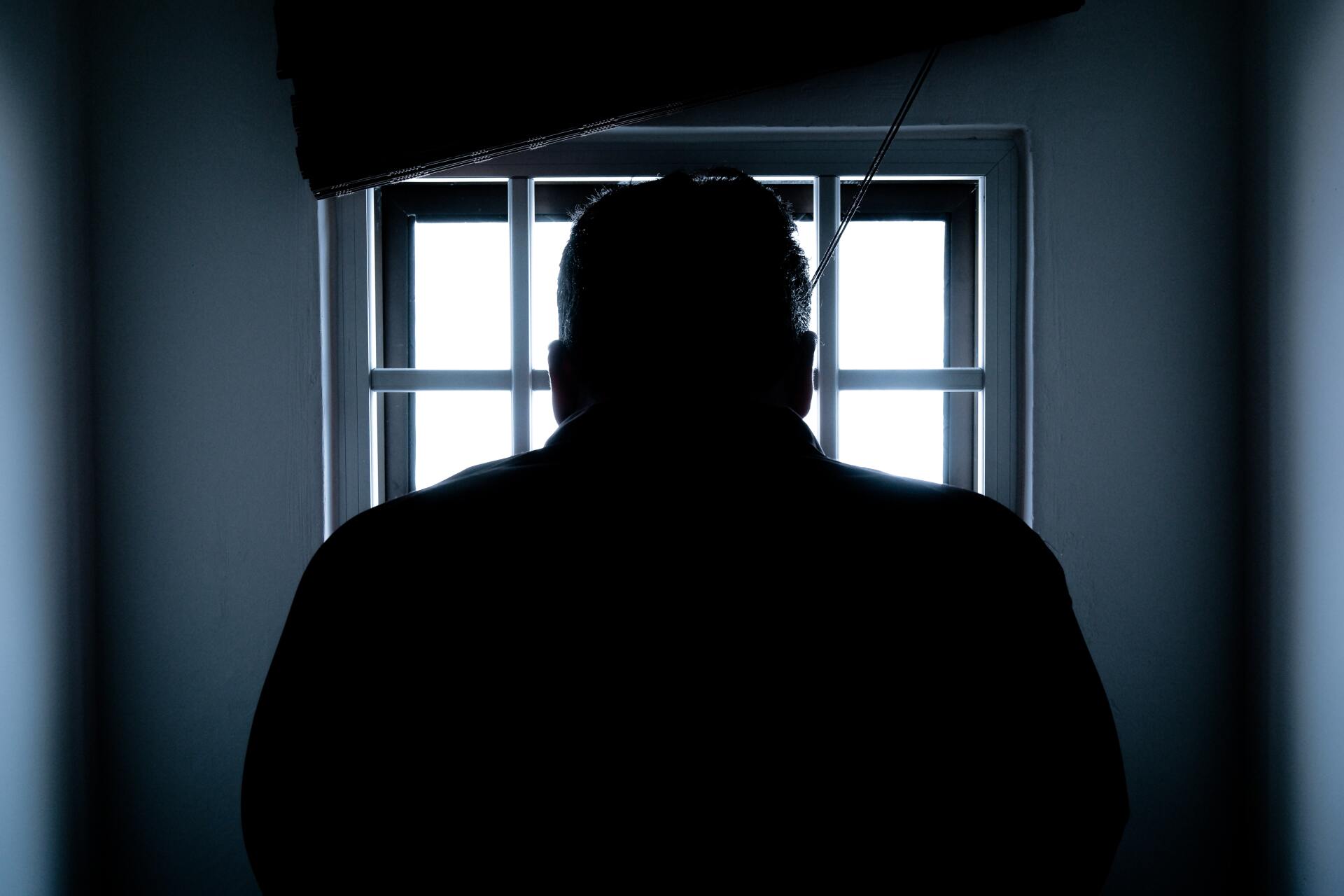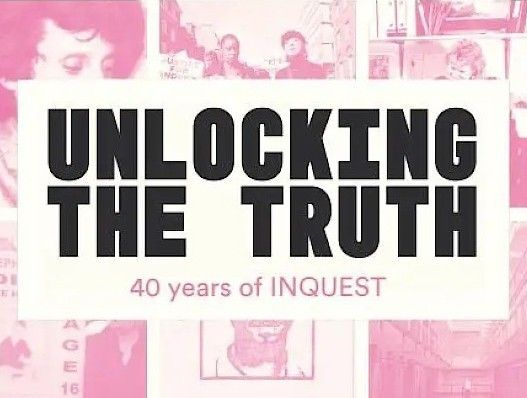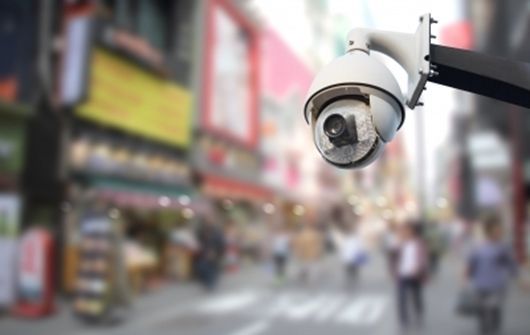Why we need a ‘Human Rights Economy’ (Human Rights Watch)
source: Human Rights Watch
published: 31 March 2025
Image Credit: Engin Akyurt at www.Pexels.com
Since 2020, the five richest men in the world have doubled their fortunes while almost five billion people have become poorer. A growing sense of economic injustice and insecurity is contributing to the rise of authoritarian movements around the world. Meanwhile, the world is set to blast past global heating targets. But this is not inevitable. What if, instead, economic decisions were made with people and the planet at the center?
This is the idea behind the concept of a human rights economy, which means putting rights at the heart of economic policymaking.
The concept draws from the work of human rights scholars and organizations around the world, while supporting transformative economic approaches emerging from other movements, including climate justice, gender justice, and decolonization.
International human rights law guides how global resources should be used for everyone’s benefit while protecting the environment. It obligates governments to use the maximum of their available resources – individually and through international cooperation and assistance – to realize human rights.
This includes economic, social, and cultural rights, such as to health, education, social security, housing, food, and water, as well as the right to a clean, healthy, and sustainable environment.















